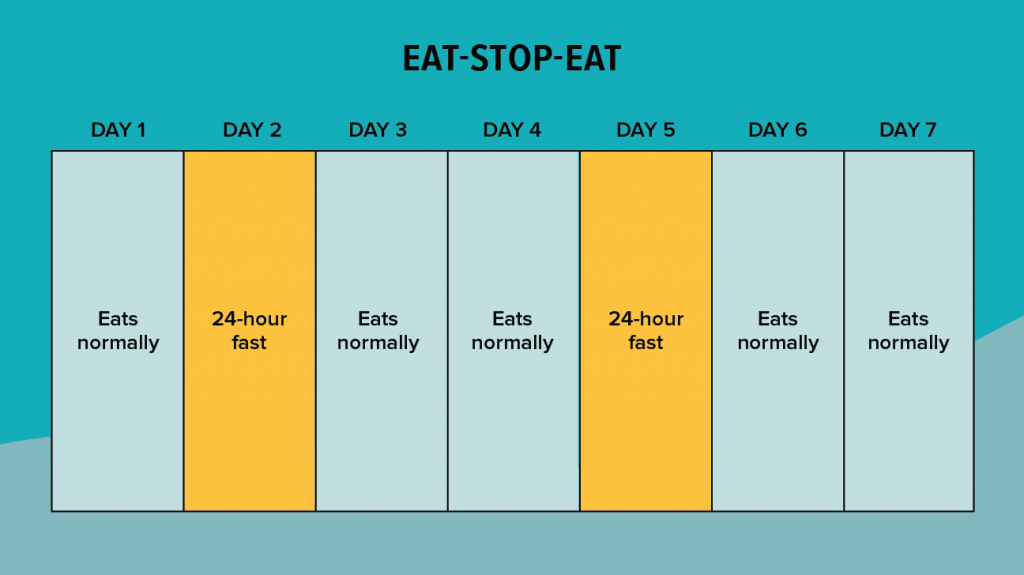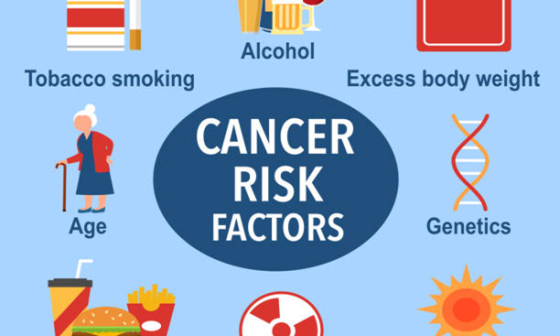The first quarter of 2021 is almost over and we know some of you have fitness goals you want to achieve, so how about you give Intermittent Fasting (IF) a try?
What is intermittent fasting?
Intermittent fasting is a fitness management method of alternating between fasting periods and eating periods. Many diets focus on what to eat, but intermittent fasting is all about when you eat. By reducing the frequency in which you eat and consume calories, intermittent fasting should result in fat loss as long as you don’t compensate by eating much more during your feeding periods or going over your needed calories for the day.
Methods of Intermittent Fasting
There are 5 main ways you can do intermittent fasting:
- The 16/8 method: This is when you skip breakfast and restrict your daily eating period to 8 hours, such as 1–9 p.m. Then you fast for 16 hours in between. Some people prefer to skip dinner instead of breakfast, this can also work for them as well, as long as they stick to the 16 hour fasting period rule.

- Eat-Stop-Eat: This involves fasting for 24 hours, once or twice a week, for example by not eating from dinner one day until dinner the next day.

- The 5:2 diet: With this method, you consume only 500–600 calories on two non-consecutive days of the week, but eat normally the other 5 days

- Alternate day fasting: you fast every other day; so eat today, no food tomorrow

- Warrior diet: It involves eating small amounts of raw fruits and vegetables during the day and eating one huge meal at night. Basically, you fast all day and feast at night within a four-hour eating window

With all these methods, it is important to still monitor your calorie intake so you don’t overeat and undo the restrictions. Also, during your fasting period, you shouldn’t consume any calories. Stick to zero calorie beverages like water, plain tea, and black coffee.
Who should consult a doctor before trying intermittent fasting?
Never start intermittent fasting without consulting with a health professional first especially if you are:
- Underweight
- Have a history of eating disorder
- Have diabetes
- Have problems with blood sugar regulation
- Have low blood pressure
- Take medications
- Are underweight
- Have a history of eating disorders
- Are a woman who is trying to conceive
- Are a woman with a history of amenorrhea
- Are pregnant or breastfeeding
All that being said, intermittent fasting has an outstanding safety profile. There is nothing dangerous about not eating for a while if you’re healthy and well-nourished overall.
Health Benefits of Intermittent Fasting
Here are the main health benefits of intermittent fasting:
- Weight loss: As mentioned above, intermittent fasting can help you lose weight and belly fat, without having to consciously restrict calories
- Insulin resistance: Intermittent fasting can reduce insulin resistance, lowering blood sugar which should protect against type 2 diabetes
- Inflammation: Some studies show reductions in markers of inflammation, a key driver of many chronic diseases
- Heart health: may reduce “bad” LDL cholesterol, blood triglycerides, inflammatory markers, blood sugar and insulin resistance all risk factors for heart disease
- Cancer: Animal studies suggest that intermittent fasting may help prevent cancer
- Brain health: Intermittent fasting increases the brain hormone BDNF and may aid the growth of new nerve cells. It may also protect against Alzheimer’s
- Anti-aging: It may also help you look younger because it helps in the regeneration of cells
While trying intermittent fasting, it is important for you to eat a balanced diet and take supplements during your eating period to ensure the body has enough nutrients to keep you nourished. Do not forget about exercising, working out while on IF for about 30 mins a day will increase the rate at which you achieve your goals. You will lose weight faster and get results quicker.
There are a lot of apps and websites that can help you on your intermittent fasting journey such as www.bodyfast.de, www.zerofasting.com, www.simplefast.life. You can find them on social media @zerofasting, @bodyfastapp, @fastingsimple; and the wellahealth meal plans can help you structure a perfect meal plan for you to make this journey even easier.
Remember, the best weight for you is whatever weight you are happy and confident.






